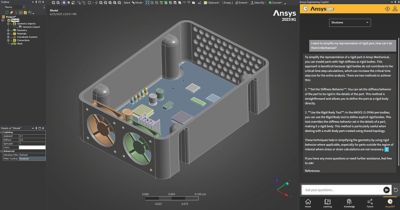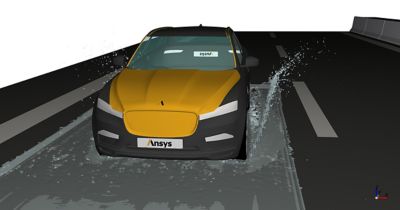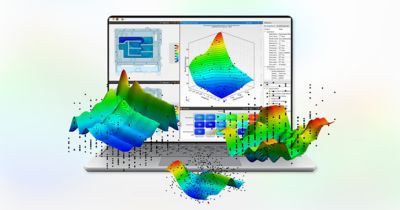The Ansys Advantage Blog
The Ansys Advantage blog, featuring contributions from Ansys and other technology experts, keeps you updated on how Ansys simulation is powering innovation that drives human advancement.
Ansys is committed to setting today's students up for success, by providing free simulation engineering software to students.
Ansys is committed to setting today's students up for success, by providing free simulation engineering software to students.
Ansys is committed to setting today's students up for success, by providing free simulation engineering software to students.
For United States and Canada
+1 844.462.6797
The Ansys Advantage blog, featuring contributions from Ansys and other technology experts, keeps you updated on how Ansys simulation is powering innovation that drives human advancement.



